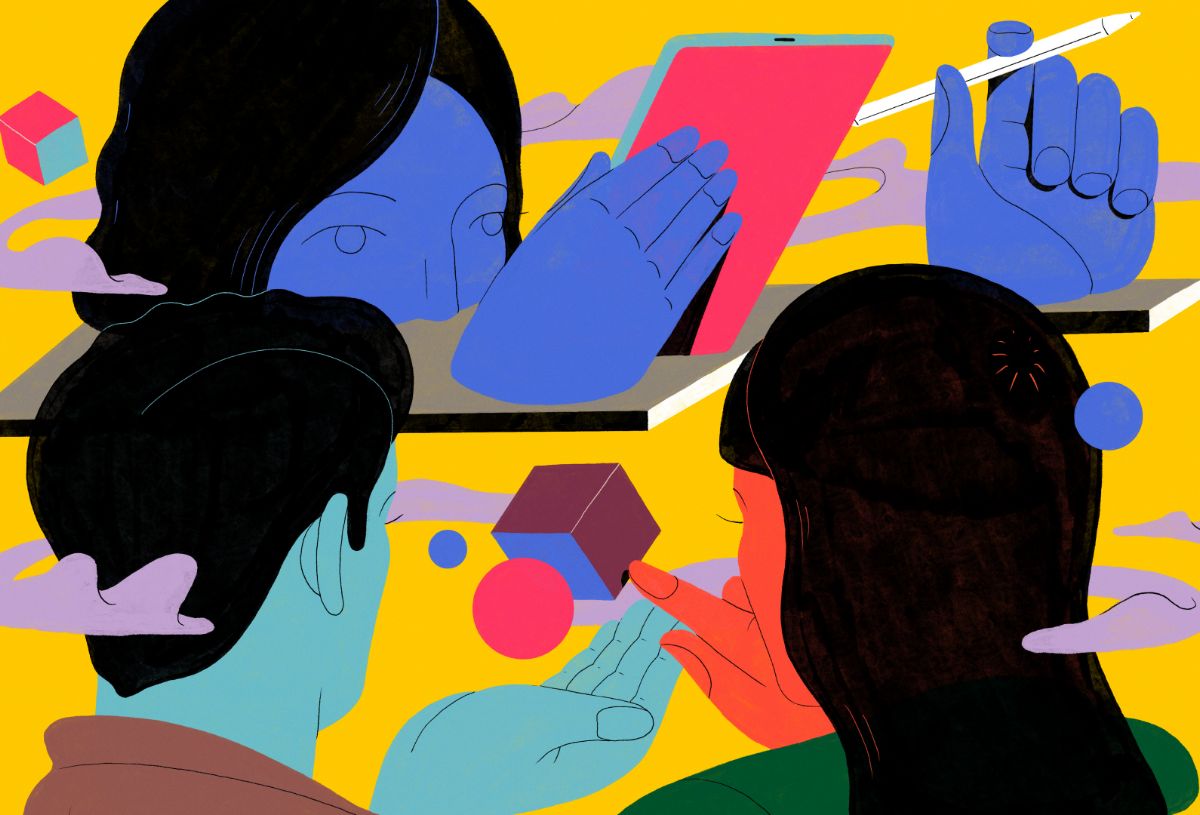Making a More Human Workplace
Episode 7 - Erica Keswin

Erica Keswin is a sought-after workplace strategist who writes, speaks, and consults on the relationship between tech and connect for companies and communities. For the past twenty years, she’s worked with some of the most iconic brands in the world as a consultant, author, and professional dot-connector.
She’s also the founder of The Spaghetti Project, a platform devoted to sharing the science and stories of relationships at work. Inspired by a 2015 Cornell study showing that firemen who eat together save more lives, The Spaghetti Project was named after the firehouse’s go-to meal.
Her bestselling book, published in 2018, is titled Bring Your Human to Work: Ten Sure-Fire Ways to Design a Workplace That’s Good for People, Great for Business, and Just Might Change the World.
Erica was interviewed by Andrew Scarcella, a writer and content producer who’s also the host of The Work Place.
Host: Andrew Scarcella
Guest: Erica Keswin
Topics covered:
3:34 - Recognition programs and workflow
“It comes down to connecting, creating safety, sharing information, being vulnerable together, and having direction.”
— Erica Keswin
Tangible Takeaways:
The first is that if you aren’t honoring relationships at work, you’re not bringing your human to work. Next time you’re about to send an email to a coworker, stop for a second and think. Is this an opportunity to connect with a fellow human? It might be efficient, but sometimes, the most efficient method of communication isn’t the most human one. If you’re just sending a quick reminder, maybe a text message is the way to go. If you need to have a conversation and can go talk to them face to face, go talk to them face to face. You might be surprised how much time you can save by using a less efficient form of communication.
The second is that out of the top 3 things employees want from their jobs—purpose, flexibility, and opportunities to grow—opportunities might be the most important. There’s an unspoken fear that if we invest in someone’s professional development, they might take their newfound skills somewhere else. But it’s just the opposite. People are much more likely to stay, because they know that their growth is being supported. As Erica puts it, “Companies have to be more creative about figuring out ways to help people grow.” Your workplace culture depends on it.
The third is that what I hate about bad meetings is bad snacks. Or worse, no snacks at all! If you want your team to devote an hour or more to a late afternoon meeting, bring your human and bring something to eat. After all, food is the original connector. It brings people together, facilitates conversation, and most importantly, keeps people quiet while others are speaking.
The Work Place is sponsored by O.C. Tanner, the global leader in engaging workplace cultures. O.C. Tanner’s Culture Cloud provides a single, modular suite where all employee experience apps are in sync, giving teams the integrated tools they need when, where, and how they need them. If you want your organization to become a place where people can’t wait to come to work in the morning, go to octanner.com/products.

The State of Culture: APAC Findings from the 2025 Global Culture Report
Explore key findings from O.C. Tanner’s 2025 Global Culture Report where APAC organisations must focus their efforts to improve workplace culture – based on findings from 7,143 employees, leaders and HR practitioners across the region.
White Paper
Company Culture



